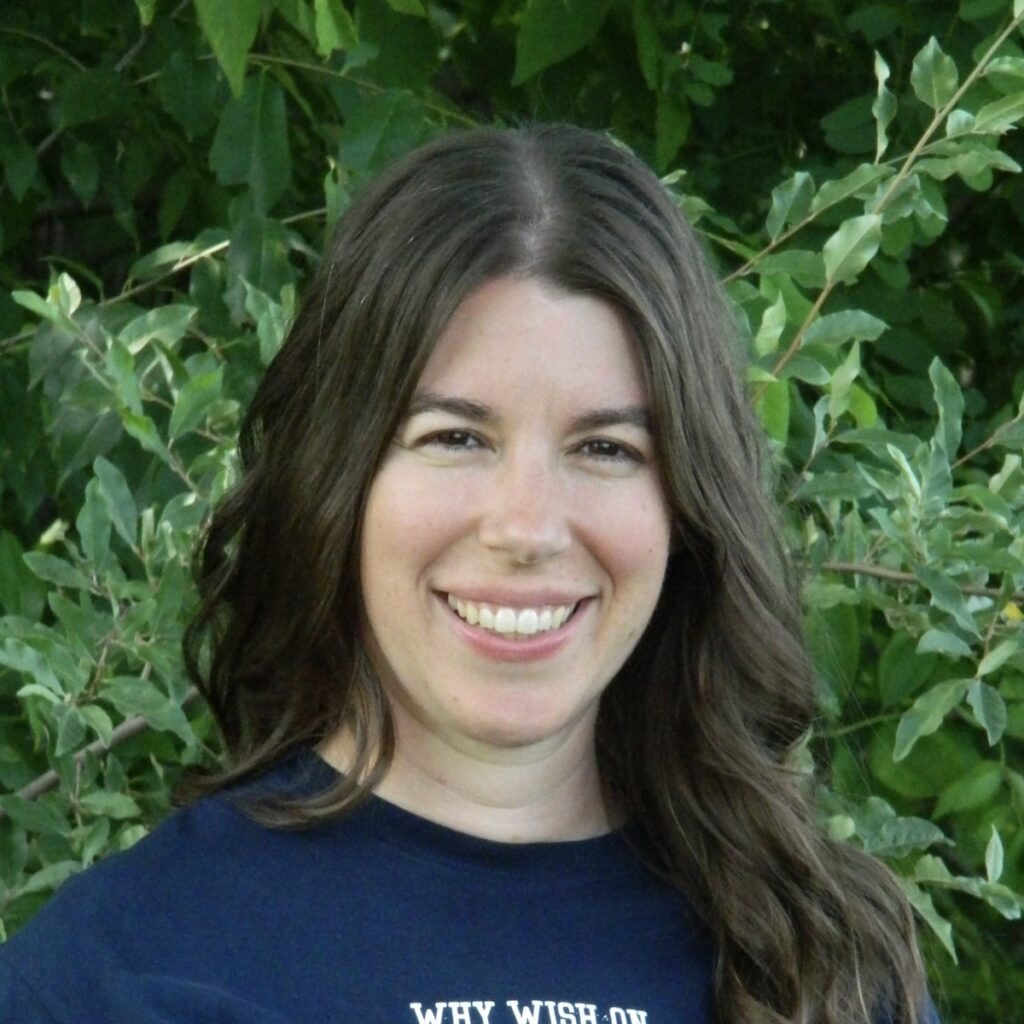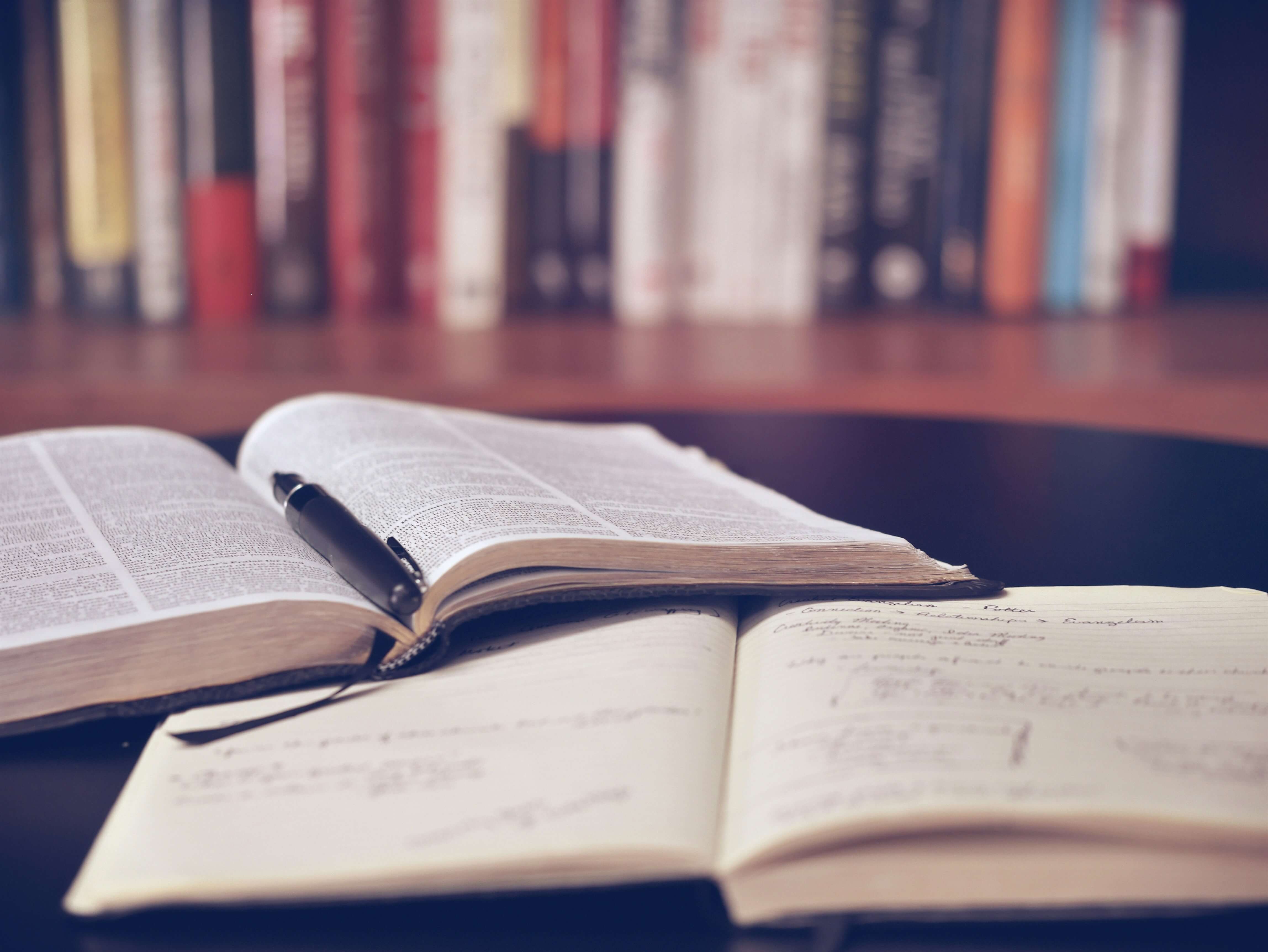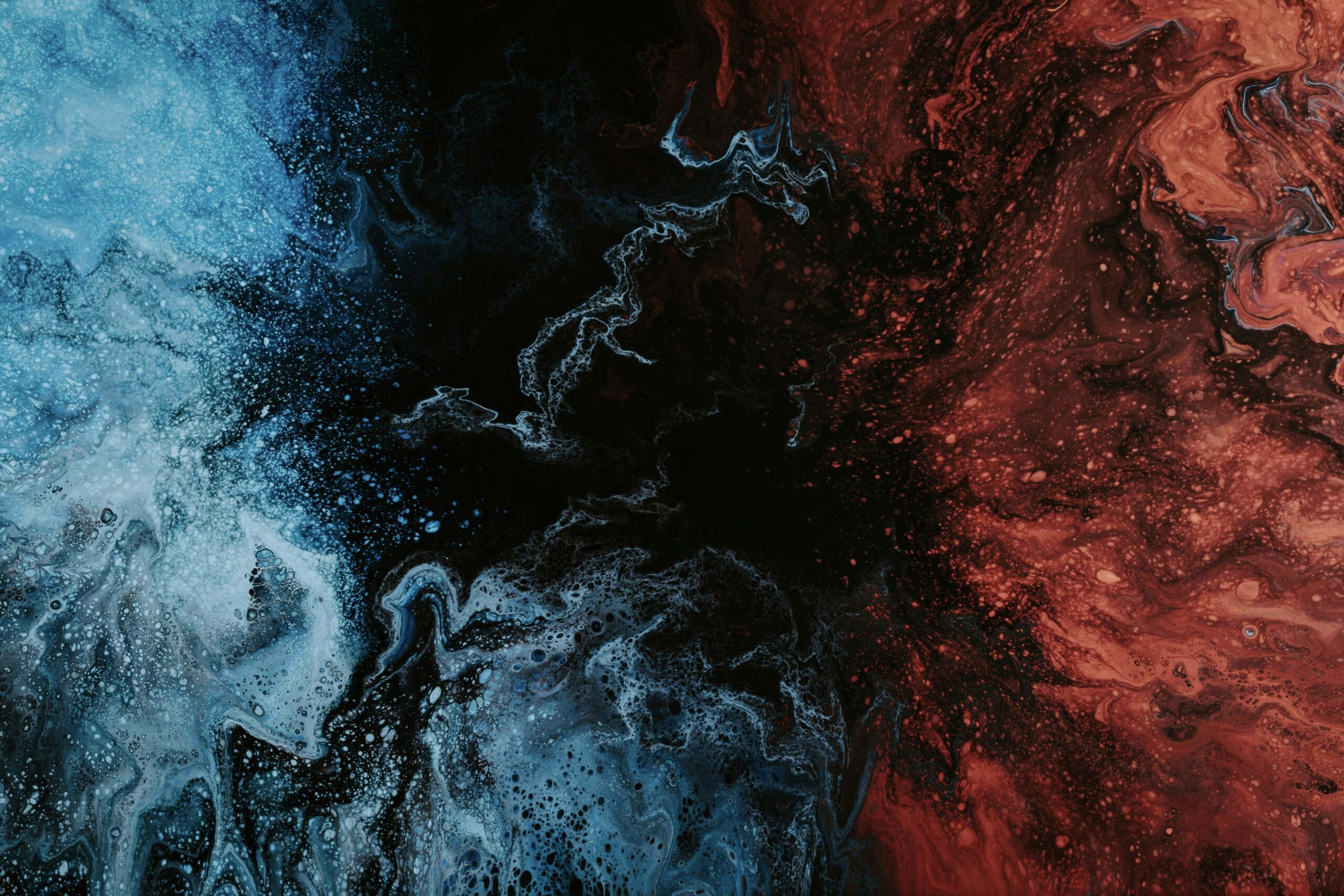If this is your first time visiting my site, welcome! I’m Lauren Thell, author of YA fiction for those who walk through fire. I write for Christian teens and anyone else looking for something bigger than life on Earth. But somewhere along the way, I also became a known blogger, which might be how you landed here.
While I offer a rotating collection of Christian YA short stories to my subscribers (that could be you!), my novels are still in the works (as of 2024). Becoming an author is a long journey—think crossing the Pacific Ocean in a canoe. There’s no rushing it, nor is there a fast lane to excellence. And I’ve learned to find joy in the journey.
Let me share what I’ve learned on my journey to becoming an author of YA Christian fiction so far.

Hey, I’m Lauren, author of YA Christian fiction and
blogger for teens ready to level up in faith.
Subscribe for inspiring content and free YA ebooks!
In This Article
Becoming An Author: What I’ve learned about publishing so far.
Trying to get published is an extreme sport, with no room for giving less than 100%. This is a shockingly competitive field, daunting for someone who, like me, is not competitive by nature. Not do you need a strong story and a flawless manuscript, but you also need a platform—a website, a subscriber list, social media followers, etc. This is especially true for YA fiction writers.
I’ve found that it’s not an English degree I wish I’d gotten, but a marketing degree.
Trying to get published is an extreme sport, with no room for giving less than 100%.
Adding to the competitive nature of the field is the option of self-publishing. Those who don’t want to wait to get picked up by a traditional publisher can go the DIY route. That’s a viable option, but you have to be prepared to do a lot of extra work—which some people are more than capable of. At this point, I am not one of them. I’m still holding out for a traditional contract.
Through God’s grace and a whole lot of hard work and persistence, I will reach that milestone.
What I’ve learned about writing books so far.
The answer is…a lot! My writing has changed immensely (for the better, I believe) since the first draft of my first novel. This is the product of studying the works of other successful authors and trying to tweak my style.
One of the greatest challenges of writing is being able to think like and relate to all my characters—even the ones who aren’t like me at all.
For me, one of the greatest challenges of writing (though it’s a challenge I welcome) is being able to think like and relate to all my characters—even the ones who aren’t like me at all. If someone is supposed to be chronically sarcastic, I have to make that sound natural in print. And I have to be familiar with my characters’ hobbies and areas of expertise. If there’s an accident, I study up on first responder protocol. If someone is an expert survivalist, I neet to make his fire-building scene look authentic.
Essentially, I become a “faux expert” on everything in my books.
Fun fact: What are some of the things I’ve studied extensively for the sake of writing novels?
- Living with Type I Diabetes as an adult
- Foster care and adoption procedures for the state of Texas
- Life as a C9 incomplete paraplegic
- Competitive archery
- Winter wilderness survival
- The Russian language
- The psychological challenges faced by adopted children
- American Sign Language
I bet you’re wishing now that I’d get something published!

What I’ve learned about failure as an author.
I hate failing. It means that after all my hard work, something still wasn’t good enough.
But failure is the greatest teacher. Once I’m done throwing my temper tantrum about yet another rejection or a novel of mine that didn’t quite make it to the top of a competition, I always go back and tweak my work, and that’s when awesome things happen. That’s when my writing really comes to life, the writing of an author desperate to stand out.
Related: Facing Failure: The Bottom Line of Philippians 4:13
My favorite books and authors are…
…always changing. The more I read, the more they change. But a few that I go back to over and over are (in no particular order):
- Something I Am Not by Cher Gatto (read my review)
- The Last Thing I Remember by Andrew Klavan
- Meet Me In The Margins by Melissa Ferguson
- A Fall of Marigolds by Susan Meissner
- (Almost) anything by Kasie West (see YA Fiction for Christians: An Honest Look at Kasie West)
- The June Boys by Court Stevens
- Love & Luck by Jenna Evans Welch
- The Outsiders by S.E. Hinton
- To Kill a Mockingbird by Harper Lee
Fun facts about my reading habits:
- When I read about anybody eating anything, I usually get a craving for that food. The first time I read Twilight, I had a hankering for mushroom ravioli and Coke.
- I sometimes read a book twice in quick succession: once for enjoyment, and once as an author looking for new ideas on how to improve my writing.
- I once went years without reading any fiction at all because I didn’t like how much it consumed my mind. It’s not enough for me to just read a book and enjoy it, I also have to rework how I might end it if I were the author, and I sometimes struggle with returning to reality. I’m better at it now, but that’s when I finally realized that maybe I should just become an author!
What are some of my techniques for writing a novel?
I walk! When I need to work out a scene, I’ll put on my walking shoes and take in some fresh air and sunshine while my mind “rehearses” what I want to write. Sometimes, I’ll do a scene several times in my head before sitting down to type it into my computer.
When I’m struggling with a scene, sometimes I flip into the mind of a secondary character.
When I’m struggling with a scene, sometimes I flip into the mind of a secondary character so I can see how he should be reacting to events. Other times, I create “deleted” scenes; scenes that I have no intention of putting in the novel, but help me make sense of how we got from point A to point B.
An example from my short story, One White Dark Night: There’s a break between when Raine first meets Mason and when he returns to the diner, where she knows nothing of what happened. But as the author, I went through that whole time period from Mason’s point of view, working out all the events exactly as they happened, so that when he speaks to Raine again, I know what state of mind he should be in and what he will say.
Fun facts about my writing habits:
- I have a water timer on my desk (one of those hourglass things with two colors of liquid that move when you flip them over). When I’m struggling to get words or ideas into coherent sentences, I fiddle with that.
- How many hours a day I write, and how many hours a day I think about my writing are enormously different. I am, after all, first and foremost a mother of four very active children and the keeper of all my family’s financial and household affairs. So I don’t get to sit and write as much as I would like (yet). But while I’m doing laundry, cooking, and cleaning, I’m usually “rehearsing” scenes in my head so when I finally get in front of the computer they can just pour out.
In closing…

You don’t have to have all the answers.
But, hey, why not?
Bring me your questions about faith, life, God, the Bible… and I’ll help you find the answers.
The process of becoming an author is a journey more than it is an end because there’s no end to a writer’s imagination. It keeps blooming and growing. But remember: Always find joy in the journey, no matter where you are!
More For Authors & YA Christian Fiction Lovers
- Standout Characters in YA Novels: Lauren’s Picks
- The Truth About Why I Write Christian YA Fiction
- More Author Insights On My Christian YA Short Stories
- SEASONS OF KANE: a Christian YA Short Story Series
- Pulpit or Stage? A Critical Look at the Criticism of Christian Fiction
Thanks for sharing all the behind the scenes things you have going on. I, too, got hooked on the Twilight series years ago…. Team Edward or team Jacob?? Lol. I am so impressed by your thought processes and researching. Not that it matters what I think, but I think you are doing great and that it is only a matter of time until you are published. In the mean time, it seems to me that you are enjoying the process immensely along with all the new things you are learning and doing. How great is that? I know I am enjoying your journey from this side of things so thank you. Keep up the good work, Lauren.
Thank you so much, Becky! Encouragement like yours means a lot to me, and it’s what keeps me going. As far as Twilight, that was the beauty of Stephenie Meyer’s writing. She makes you sympathize with the characters. Even though I was rooting for Edward to win Bella’s heart all the way, I was still mad at Bella for stringing Jacob along, so I was happy he got something good in the end, too!
Comments are closed.